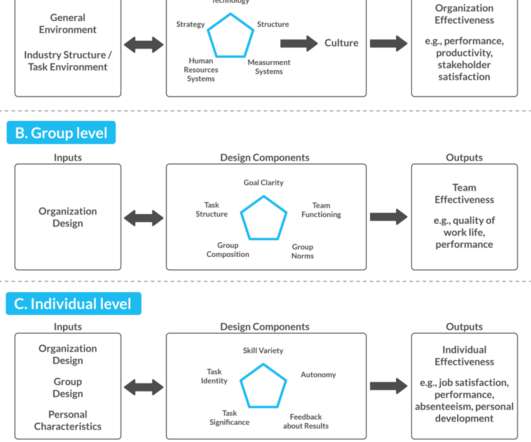Talent Symposium
Workforce Opportunity Services
OCTOBER 29, 2024
When not working at WOS, you can find her coaching color guard at her local high school. Alyse has worked in multiple fields and industries, most recently as a Service Delivery Manager with BTL Surpass, where she fostered successful relationships with her clients. CLOSE Alyse Nullmeyer joined WOS in March of 2022. CLOSE Nicholas M.

















Let's personalize your content